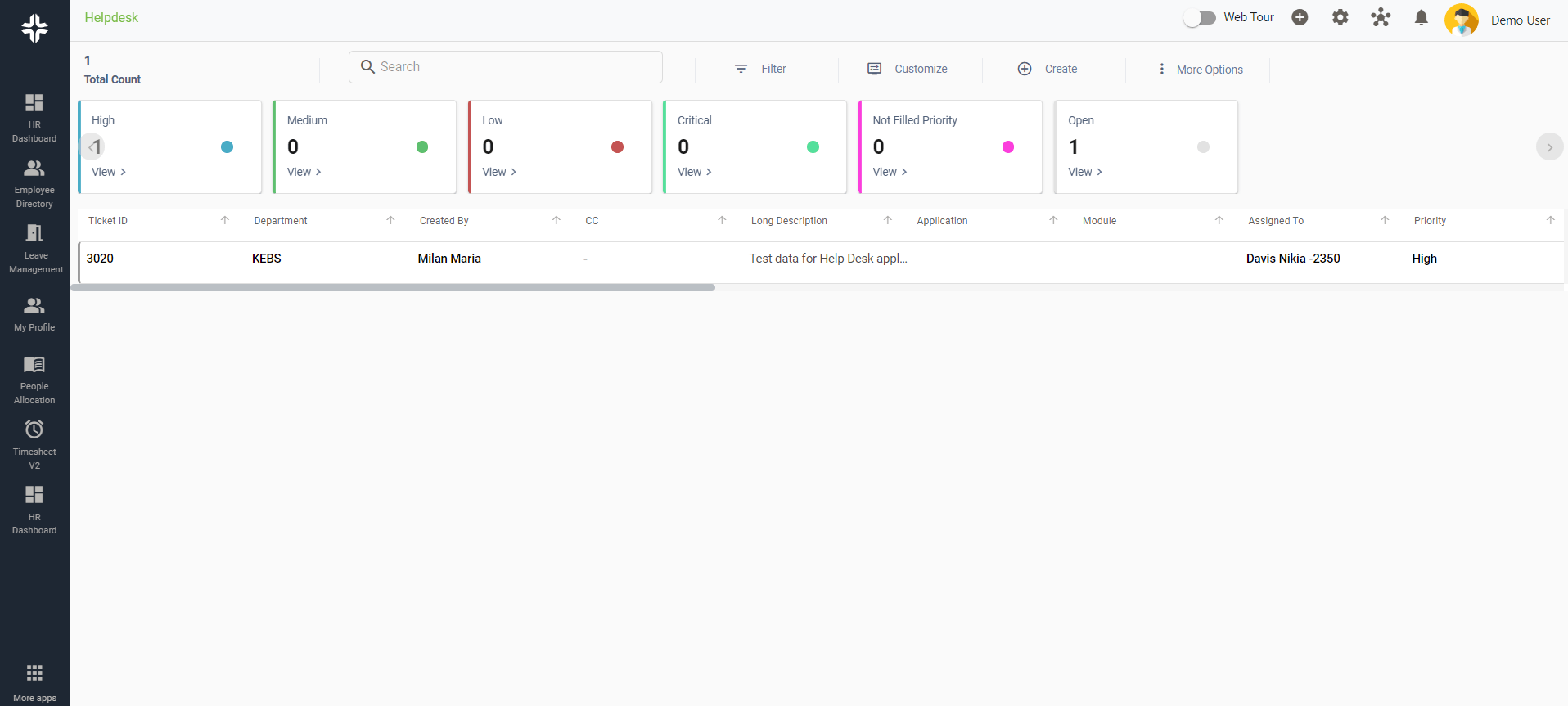
What is Incident Reopen Rate?
Incident Reopen Rate (IRR) is a metric used to measure the frequency at which previously resolved incidents or tickets are reopened due to unresolved issues or customer dissatisfaction.
In the realm of Professional Service Automation (PSA), this metric is crucial as it directly impacts client satisfaction, resource allocation, and overall service efficiency.
Importance of Incident Reopen Rate
Understanding and monitoring IRR is essential for several reasons:
1. Client Satisfaction: A high IRR indicates unresolved client issues, leading to dissatisfaction and potential loss of business.
2. Operational Efficiency: Continuously reopening incidents consumes resources, leading to inefficiencies in resource management.
3. Financial Implications: Reopened incidents can lead to increased operational costs, affecting the overall financial management of a PSA firm.
4. Quality Assurance: A low IRR is indicative of high-quality service, while a high rate may signal areas for improvement.

Why Incident Reopen Rate is so important?
Calculating Incident Reopen Rate
Formula:
Incident Reopen Rate (IRR) = (Number of reopened incidents/Total number of closed incidents) × 100
Example:
Let’s say a PSA firm had 100 closed incidents last month, out of which 5 were reopened. Using the formula:
IRR=(5/100)×100=5%
This means that 5% of the incidents closed last month were reopened.
Incident Reopen Rate vs Other Metrics
While IRR is a valuable metric, it’s essential to differentiate it from other related metrics:
1. First Contact Resolution (FCR): Measures the percentage of incidents resolved upon first contact. A high FCR and low IRR is the ideal combination for efficient ticket management.
2. Average Resolution Time: The average time taken to resolve an incident. A short resolution time coupled with a high IRR might indicate hasty resolutions.
3. Customer Satisfaction Score (CSAT): Direct feedback from customers about their service experience. A low CSAT might correlate with a high IRR, signaling unresolved issues.
| Metric | Description | Use Case |
|---|---|---|
| Incident Reopen Rate | Measures the percentage of incidents that are reopened after being marked as resolved. | Useful for identifying the quality of incident resolution and recurring problems. |
| First-Time Resolution Rate | Measures the percentage of incidents that are resolved without the need for additional interactions or escalations. | Useful for assessing the ability to resolve incidents on the first contact, which can enhance customer satisfaction. |
| Mean Time to Resolve (MTTR) | Represents the average time it takes to resolve an incident, starting from when it’s reported to when it’s marked as resolved. | Useful for gauging the efficiency of the incident resolution process and identifying areas for improvement. |
Utilizing Incident Reopen Rate in PSA
In PSA, the IRR can be used in various ways:
1. Resource Allocation: By understanding which incidents are frequently reopened, firms can better allocate resources, ensuring experts handle complex issues, leading to more definitive resolutions. This is crucial for effective resource management in PSA.
2. Training Opportunities: A high IRR in specific areas can highlight training needs, ensuring teams are better equipped to handle similar incidents in the future.
3. Process Improvement: Analyzing the reasons behind reopened incidents can lead to process improvements, streamlining operations, and enhancing project management.
4. Client Communication: Keeping clients informed about the steps taken to resolve incidents and the measures in place to prevent future reoccurrences can enhance trust and satisfaction.
Ready to Optimize Your Incident Reopen Rate?
KEBS, a leading PSA software, offers tools and features that can help firms optimize their IRR. KEBS provides in-depth insights into reopened incidents, allowing firms to pinpoint areas of concern and implement corrective measures.
With features like KEBS Employee 360, teams can collaborate efficiently, ensuring incidents are resolved comprehensively.

KEBS Helpdesk
Ready to optimize your Incident Reopen Rate? Dive deeper into how KEBS can transform your PSA operations. Contact us today or request a demo to see KEBS in action!



